In an era of remarkable scientific progress, one of the most promising frontiers of research lies in understanding and combating memory loss. Alzheimer’s disease, dementia, and other cognitive disorders have long been enigmatic and devastating conditions that affect millions of people worldwide. However, recent advancements in memory loss research offer a glimmer of hope on the horizon. In this blog, we will explore some of the most exciting breakthroughs and emerging trends in this field that are paving the way for a brighter future for those affected by memory-related conditions.
Early Detection and Diagnosis
One of the most significant strides in memory loss research is the development of early detection methods. Identifying memory-related conditions at their inception can significantly improve treatment outcomes. Researchers are now using a combination of genetic, neuroimaging, and cognitive assessments to pinpoint subtle changes in the brain long before symptoms become apparent. This early detection not only facilitates timely interventions but also provides invaluable insights into the progression of these diseases.
Precision Medicine
The concept of precision medicine is revolutionizing the way memory loss conditions are treated. Instead of one-size-fits-all approaches, researchers are now tailoring treatments to each individual’s unique genetic makeup and brain chemistry. This personalized approach holds the potential to improve the effectiveness of therapies and minimize side effects. With advancements in genomic medicine, scientists are inching closer to therapies that target the root causes of memory loss, offering renewed hope to patients and their families.
Innovative Therapies
Traditional treatments for memory-related conditions often provide limited relief. However, recent research has unveiled a range of innovative therapies with the potential to slow down or even reverse memory loss. From novel drug compounds that target specific proteins associated with Alzheimer’s to non-invasive brain stimulation techniques like transcranial magnetic stimulation (TMS), the arsenal of memory-loss-fighting tools is expanding rapidly. While some of these therapies are still in the experimental phase, their potential to transform the field is undeniably promising.
Lifestyle Interventions
Prevention is always better than a cure, and this adage holds true in memory loss research. Scientists are increasingly recognizing the role of lifestyle factors in maintaining cognitive health. Diet, exercise, sleep, and social engagement are all areas of interest. The adoption of brain-boosting habits from an early age may help reduce the risk of developing memory-related conditions later in life. Research into the effects of nutrition, particularly diets rich in antioxidants and omega-3 fatty acids, has shown promise in preserving cognitive function.
Artificial Intelligence and Big Data
The integration of artificial intelligence (AI) and big data analytics has turbocharged memory loss research. Machine learning algorithms are sifting through massive datasets to identify patterns and predict disease progression. This not only aids in early diagnosis but also helps in drug discovery and the development of more effective treatments. AI-driven technologies are even assisting in the analysis of neuroimaging data, allowing researchers to uncover subtle brain changes that were previously difficult to detect.
Advancements in memory loss research are reshaping our understanding of cognitive disorders and offering renewed hope to millions of individuals and their families. From early detection methods and precision medicine to innovative therapies and lifestyle interventions, the future looks promising for those affected by memory-related conditions. While there is still much work to be done, these breakthroughs are lighting the path towards a world where memory loss is not an inevitable part of aging, but a challenge that can be met with science, innovation, and compassion. As we continue to unlock the mysteries of the brain, we inch closer to a future where memories are cherished, preserved, and never forgotten.



